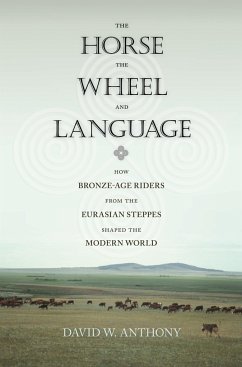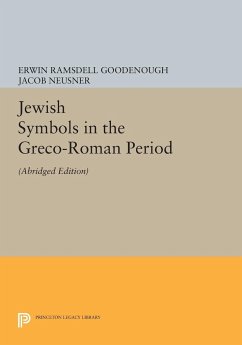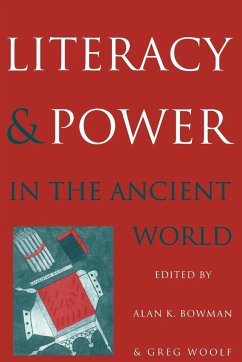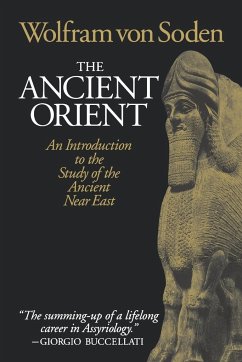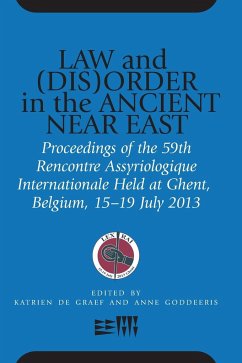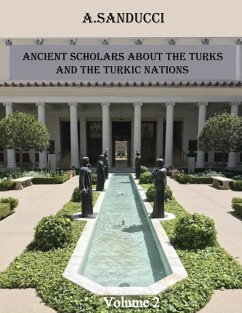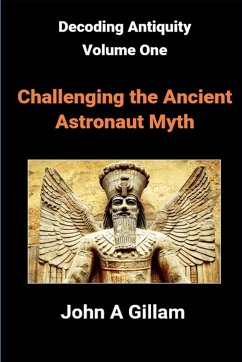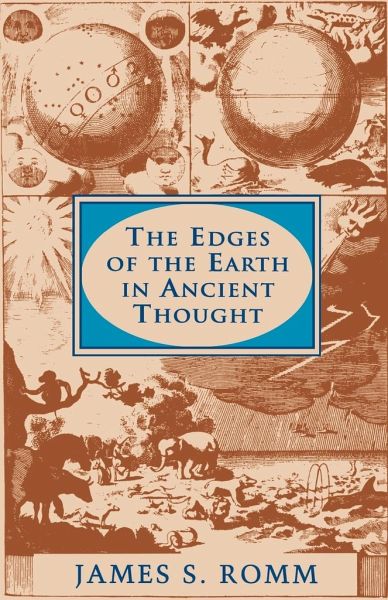
The Edges of the Earth in Ancient Thought
Geography, Exploration, and Fiction
Versandkostenfrei!
Versandfertig in 1-2 Wochen
40,99 €
inkl. MwSt.

PAYBACK Punkte
20 °P sammeln!
For the Greeks and Romans the earth's farthest perimeter was a realm radically different from what they perceived as central and human. The alien qualities of these "edges of the earth" became the basis of a literary tradition that endured throughout antiquity and into the Renaissance, despite the growing challenges of emerging scientific perspectives. Here James Romm surveys this tradition, revealing that the Greeks, and to a somewhat lesser extent the Romans, saw geography not as a branch of physical science but as an important literary genre.




